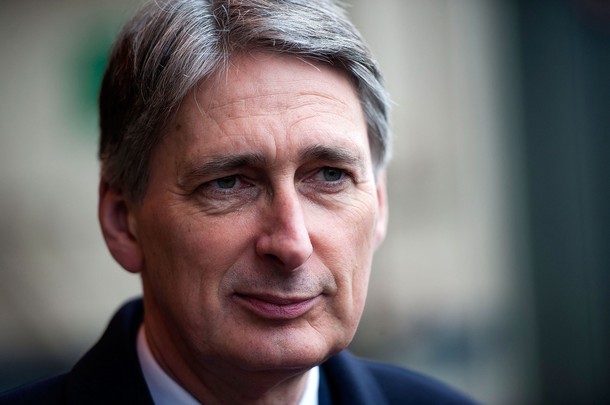
From Philip Hammond, British Ministry of Defense: The responsibility of European nations to defend their citizens can no longer be discharged by a strategy of homeland defence and a Fortress Europe.
The threats we face are no longer territorial, so a passive defence of national territory is no longer adequate protection for our citizens.Our security requires that we do not sit back and let threats come to us – but that we project power to meet them – wherever in the world they are forming. . . .
During the Cold War, a posture of homeland defence, with a large citizen army, was the right response to the conditions Germany faced at that time.
But the decision to end conscription and move to an all volunteer force is the right response to the conditions that Germany faces now, recognising that across Europe, we cannot afford a surplus of high-cost manpower, when the deficit is in deployability.
A new phase, and a significant step forward in Germany’s post-cold war reconfiguration to face the future Symbolised by the commitment made to the mission in Afghanistan.
As the third largest contributor, the Bundeswehr is working alongside, and sharing the risks with, 49 other nations, including Britain, to ensure that Afghanistan does not again become a safe haven for the international terrorism and radicalisation which is the most immediate threat we all face.
For both Britain and Germany, the test of transformation will be the ability to generate the level of military capability set out in our plans.
But it will also rely, in Germany in particular, on the ability to generate the political will and public support for the deployment of military resources more widely in the future in support of Alliance operations beyond our borders.
By re-focussing existing budgetary resources on more deployable capabilities, Germany has probably a greater capacity than any other European NATO partner to contribute to short-term enhancement of the Alliance’s capabilities.
Excerpts from speech by Secretary of State for Defence Philip Hammond at the British Embassy, Berlin (hosted by German Council on Foreign Relations (DGAP). (photo: Getty)
Image: getty%205%205%2012%20Philip%20Hammond.jpg
